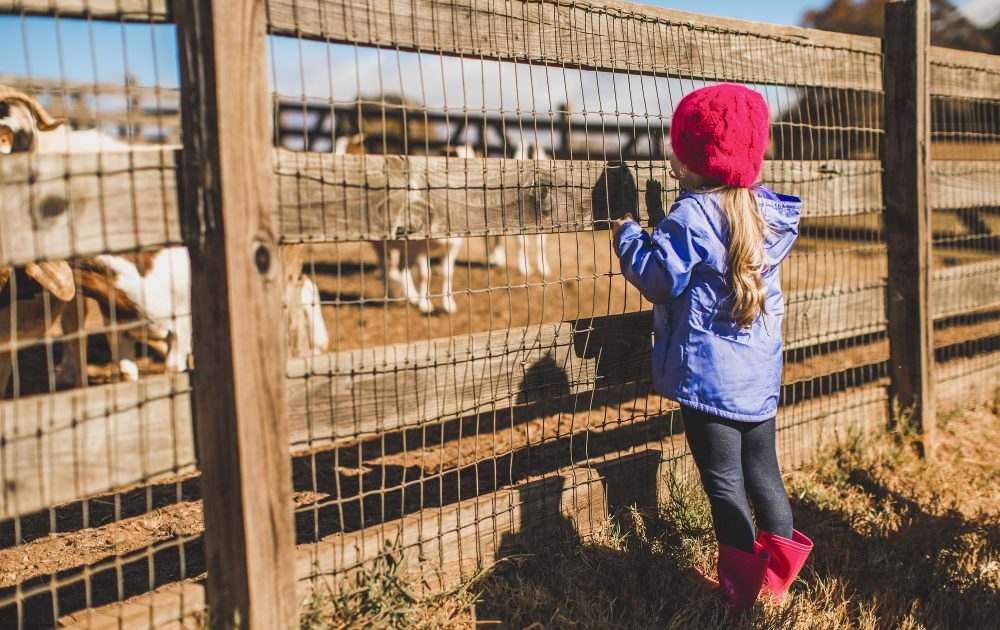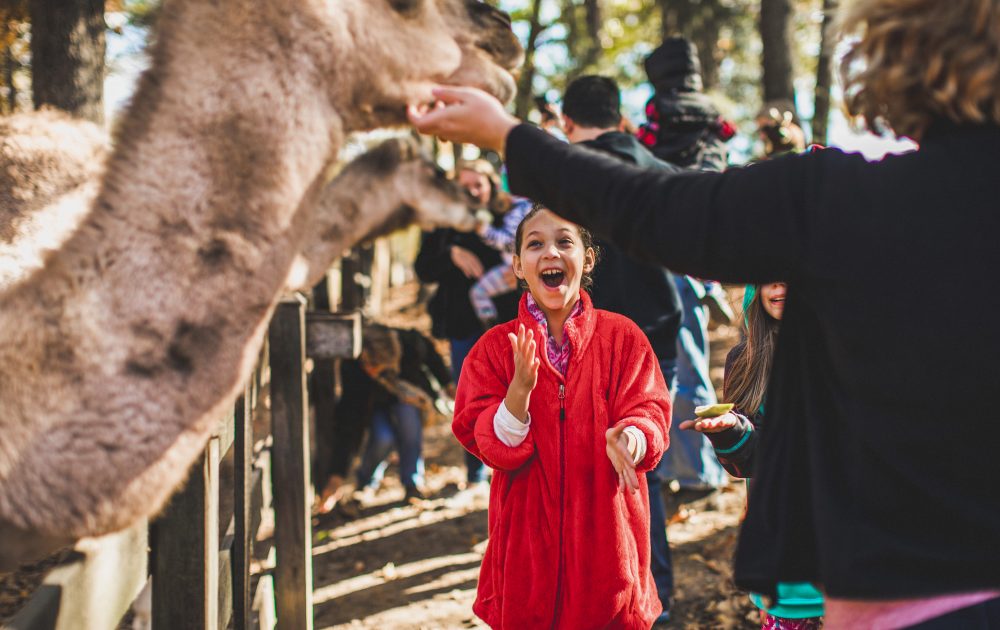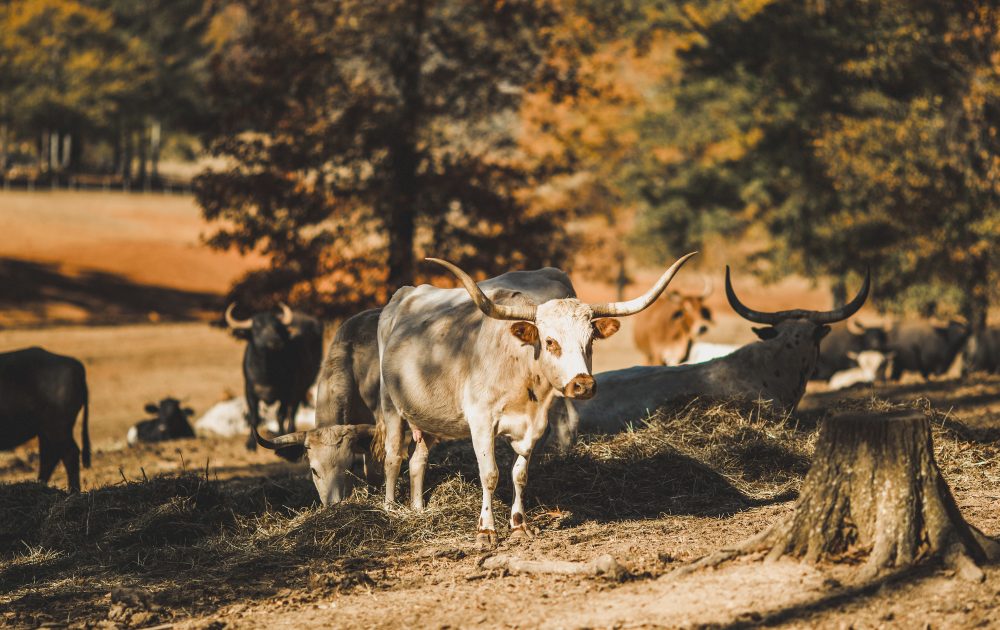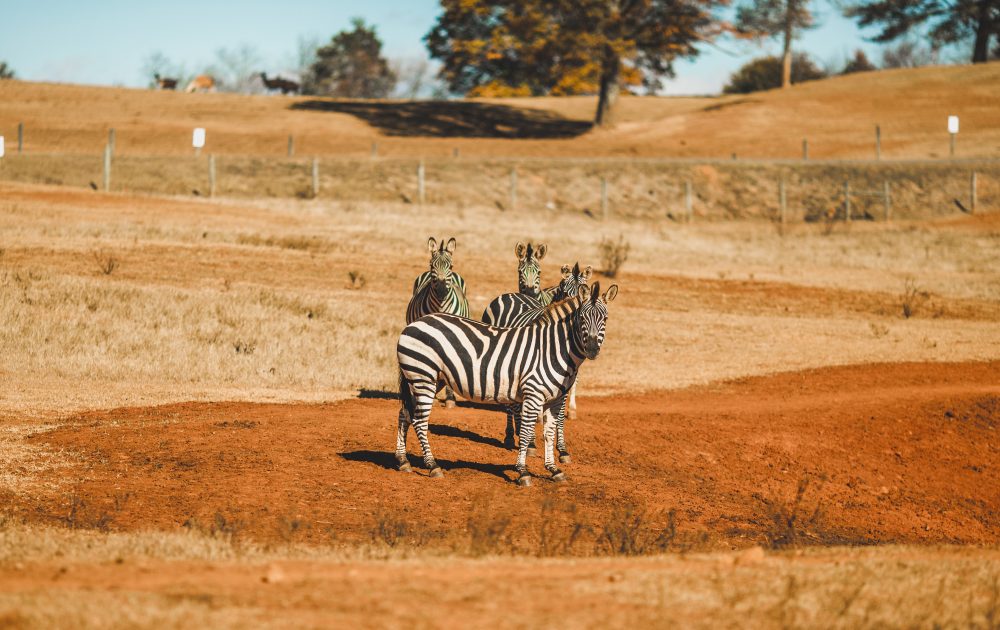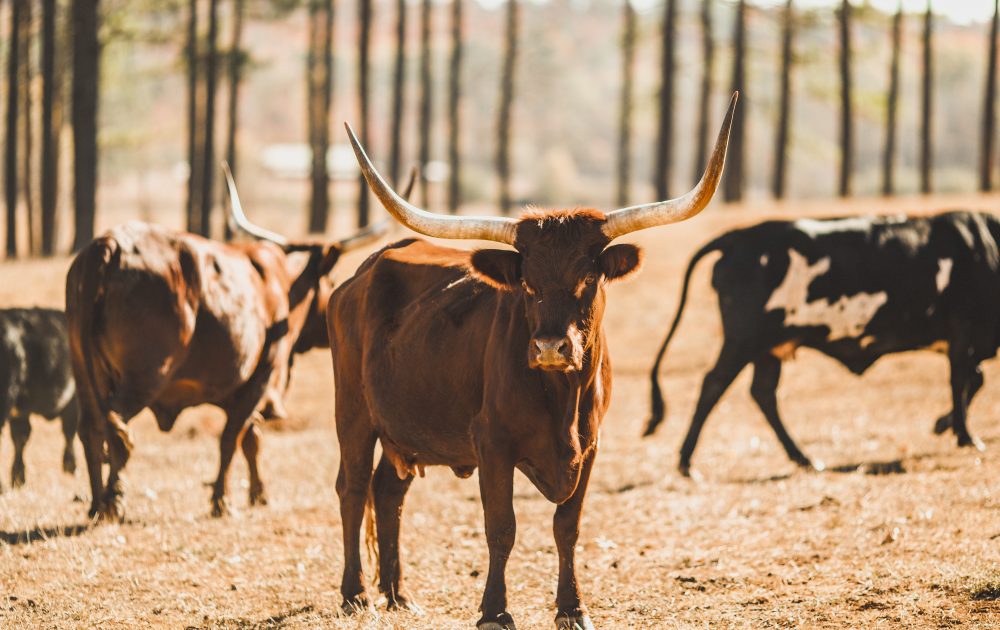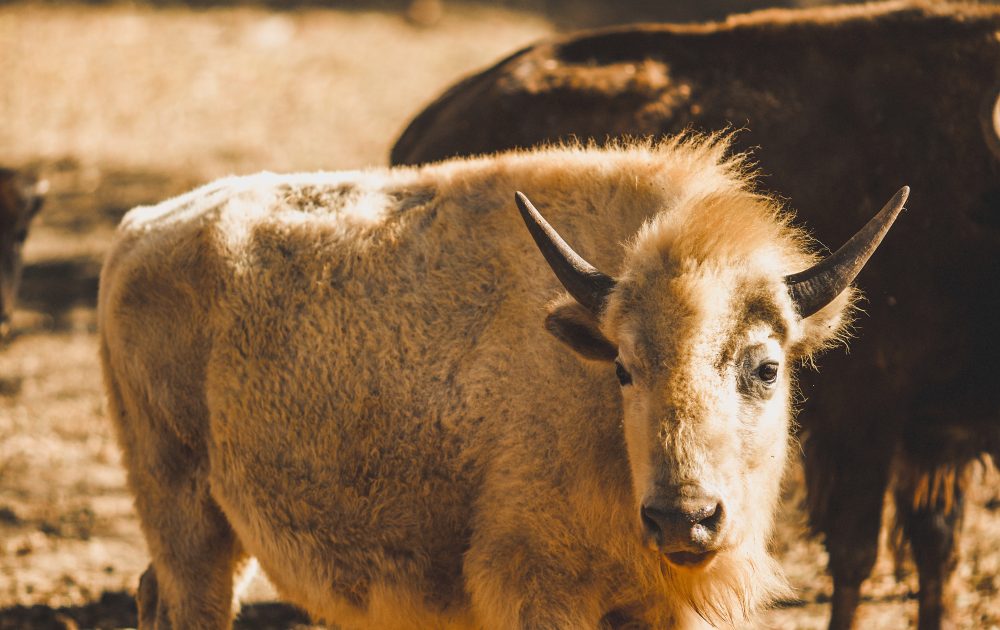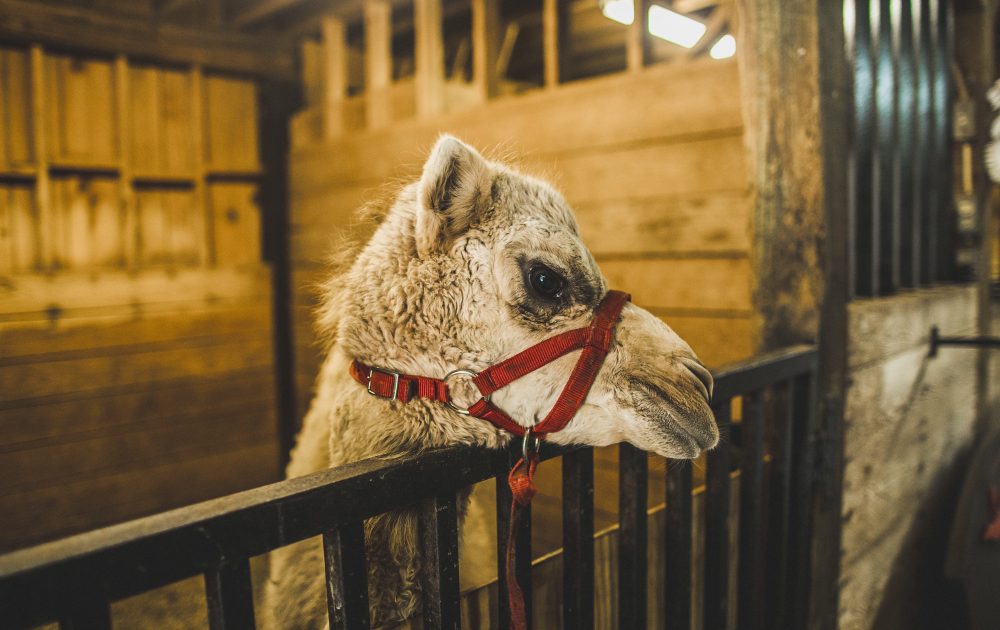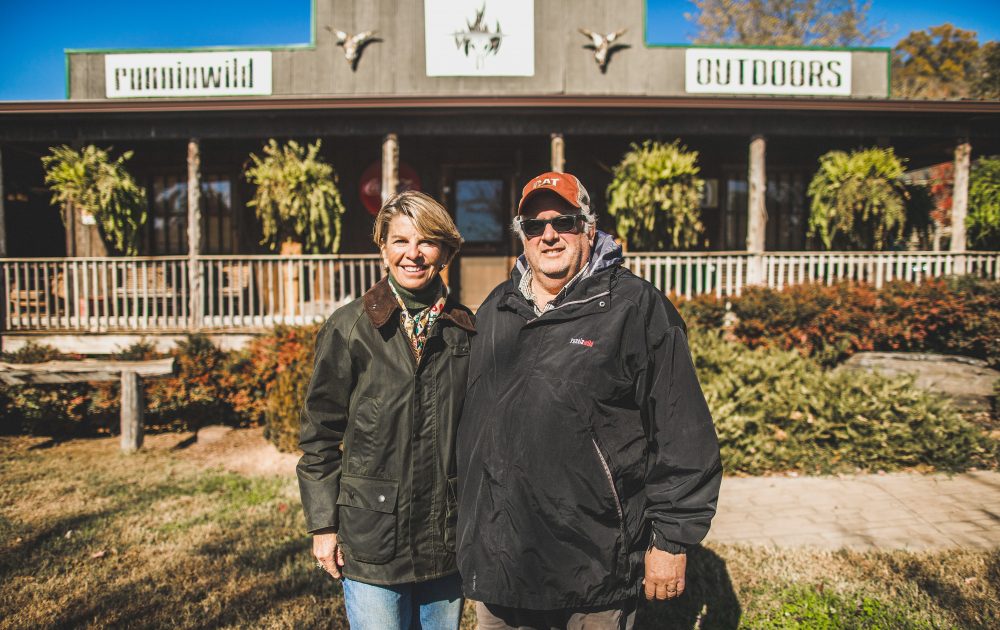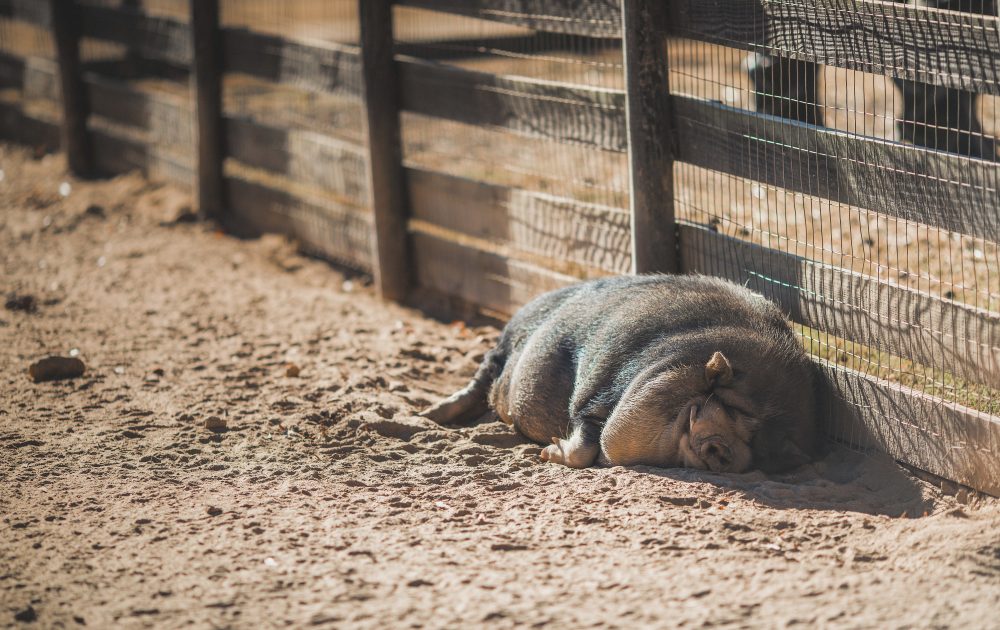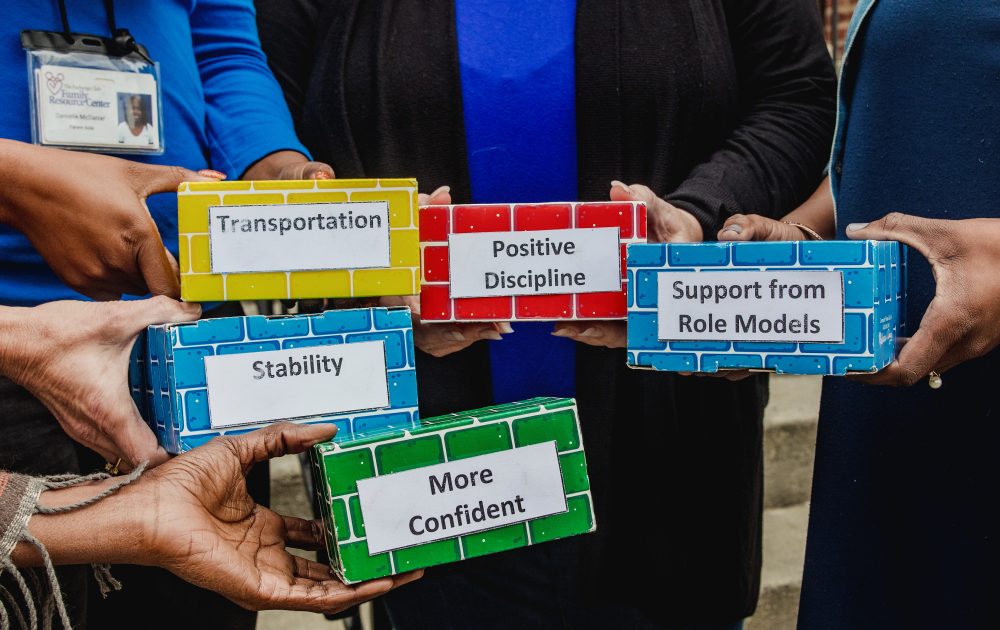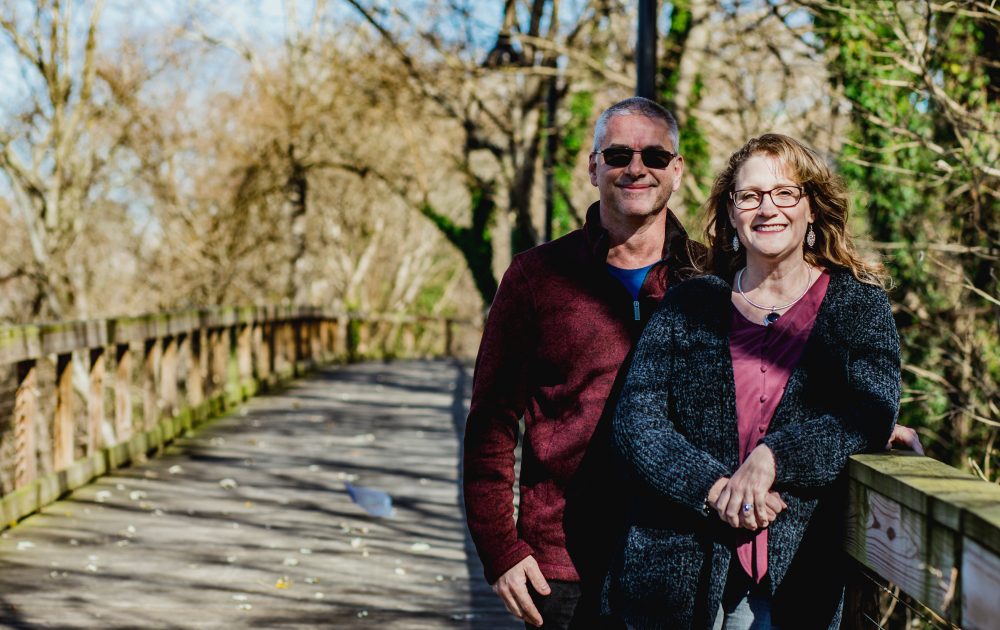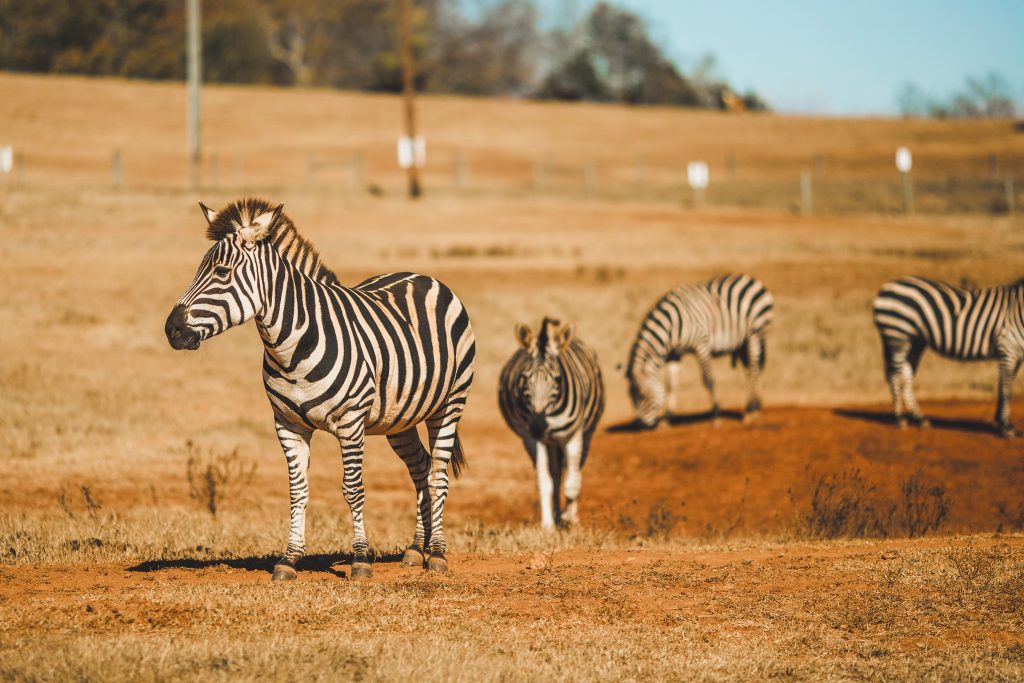
When the pavement and concrete fades away, there are no barriers for creating your wildest dreams.
You can never tell what lies around the bend of a two lane in the Georgia countryside. Countless musicians have penned songs about country roads and special finds discovered among split-rail fences and brush-covered ditches. Filmmakers have woven into their movies the allure of finding treasures at the end of the path less traveled. “The Shawshank Redemption” (1994) comes to mind; Andy Dufresne (Tim Robbins), after chipping away at freedom from prison, leaves a package for his friend Red (Morgan Freeman) inside a rock wall, just off a lonely stretch of road.
Our corner of the state is no different. A day of riding through the gorgeous hills and valleys often leads to finding our own magic, planted in the country by folks who have the means and space to follow their dreams. The owners of Runnin’ Wild Farm in Silver Creek, Ga., mesmerize passersby with the animals that call their pastures home.
When their son Gardner was 3 years old, he told Andrew and Mary Helen Heaner that he wanted Santa to bring him a buffalo for Christmas. The idea seems farfetched for many, but the Heaners are no ordinary farm owners. They found a way to make it happen. “(Gardner) was obsessed with animals, and we got our first buffalo when he was 12,” says Mary Helen, grinning at the memory. “I was like, ‘Gardner, if Santa could see you now!’”
Now, the Heaners have a slew of exotic and unique animals. What started out as a couple of donkeys evolved into emus, ostrich-es, Clydesdale horses and more. “We didn’t wake up one day and say, ‘Oh, my dream is to have an exotic animal farm!’” says Mary Helen. “It just kind of happened.”
Now, the Heaners have a slew of exotic and unique animals. What started out as a couple of donkeys evolved into emus, ostrich-es, Clydesdale horses and more. “We didn’t wake up one day and say, ‘Oh, my dream is to have an exotic animal farm!’” says Mary Helen. “It just kind of happened.”
And happen it did. Runnin’ Wild is home to about 200 exotic animals. Those animals include camels, zebras, Ibex goats, ostriches, emus, Boer goats, donkeys, pot-bellied pigs and llamas. The main dwelling of the property sits high on the hillside overlooking the farm. Two barns near the front gate are adorned with quirky keepsakes and serve as home to some of Runnin’ Wild’s youngest residents.
Inside one of the stalls is a calf with warm eyes and a twitchy tail. Its floppy ears wave and greet those who come inside to enjoy a hot cup of coffee and a sausage ball. Just past the cutest cow ever is a baby camel. It leans its head around the stall door in search of affection. As a crowd gathers, the small camel hams it up, honking and nibbling at the shoulders of onlookers.
“This is one of our newest babies,” says Mary Helen. “She just loves the attention.”
“We also have a herd of American Bison, and we recently started a herd of White Buffalo, which are very rare,” Andrew adds.
“We have Zebu cows from India and they’re miniature,” says Mary Helen. “We have Watusi Cows and they have beautiful long horns. They’re native to Africa.”
The Heaners also have Highland Cows of Scotland, Clydesdale Horses, Belgian Horses and mules.
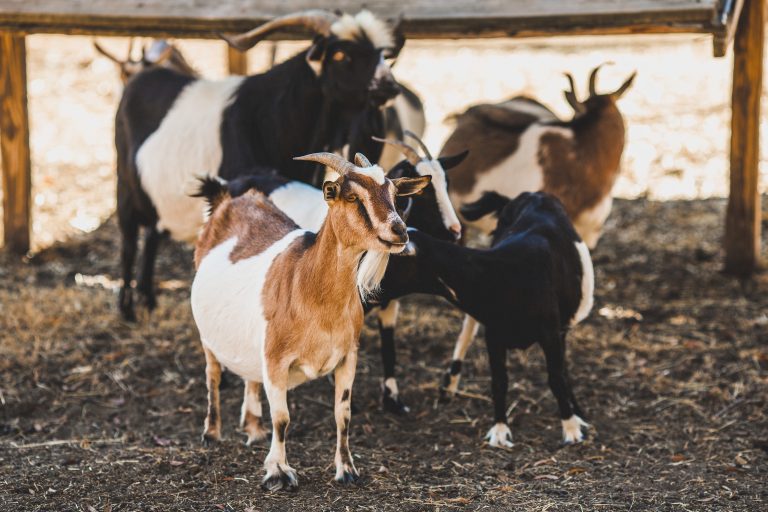
As the Heaners lead a scheduled tour around the property, it becomes apparent that they are in love with what they do. In a rear pasture, two adult camels gallop in front of the fence. As Mary Helen approaches with a basket of veggies and fruits, she gives an apple to one of the smallest members of the group.
“Hold your hand really flat,” says Mary Helen as she instructs the young visitor. With its lips, the camel gently plucks the apple from the child’s hand and grunts with delight. Mary Helen flashes a satisfied smile, one she has surely worn throughout the years while watching her son with the animals they love.
Runnin’ Wild, which spans 1,200 acres, has been in operation for 12 years. But the Heaners own a total of 4,000 acres. “Originally, I wanted to get into the cattle business, but for various reasons I elected not to do that,” explains Andrew. “But we had this property, and we decided we weren’t going to get into the crop business. So, we thought we could use the land to raise rare animals.”
As a family of avid animal lovers, Mary Helen says their journey to Runnin’ Wild began with Fred.
“The first animal we got was a donkey named Fred,” she says. “It was very, very much an accident.”
“We got a couple more donkeys, but being the person that I am, I can’t ever doing any-thing normal,” admits Andrew. “Our son said we needed to get some exotic animals, so we started off with a camel, sheep and zebras.”
Gardner and Mary Helen became enamored with the idea of getting more unique species for their farm and started researching.
“(Gardner) really enjoyed it and still enjoys it, but then he went off to college and kind of left Mary Helen and me with it,” says Andrew. So, Runnin’ Wild shifted and became Mary Helen’s focus and responsibility. Andrew says he branched off and went into the commercial cattle business, while Mary Helen works with the staff and runs the exotic animal segment of the Heaner farms.
With the types of licenses the Heaners must acquire and the regulations they have to adhere to, they are required to give five farm tours annually. “We do have school groups, camps and special groups come through,” says Mary Helen. “We started doing that eight years ago. But unfortunately, except for those groups, we are not open to the public; we’re just not staffed and set up for that.”
The Heaners don’t mind if curious people pull over as they pass by and take a picture from the road. They also said, for the school groups and camps that tour the farm, there is no charge. “It’s a free service for the kids and the day camps,” says Mary Helen. “We do it for the community.”
There are some regular school groups that visit the farm, as well as the Kid vs Wild, a summer camp coordinated by Rome-Floyd Parks and Recreation and the Floyd County Sheriff’s Office.
“That’s been fun for us and it’s fun for the kids,” says Mary Helen. “We all laugh because I would say the majority of children have dogs, and when they come here to see all the exotic animals, they’re all enamored with the dogs.”
Having to reapply for licenses for the animals annually, and all the rigorous paperwork that comes with having the types of species they own, the Heaners say the farm is a huge undertaking. “We go through the Department of Natural Resources, and we have to have a USDA license, also,” says Mary Helen. “They come and inspect at least once a year, but they can come at any time. We have to keep a lot of records for vaccinations and other medical records for the animals. It’s a lot of paperwork.”
Vet advice and supervision, as well as the people from where they get the animals, all make sure they are cared for properly. “Nobody will send a baby camel without instructions,” says Mary Helen, laughing.
Though Runnin’ Wild Farm is home to many unique animals, they’re treated like any others on the farm when it comes to environmental impacts. “Because they’ve all been born here and have been bred for generations here in the U.S., the environment is not a shock for them,” says Andrew. “They adapt well. In storms, they get shelter in the woods; all our pastures have woods. And also for heat, they get out of the extreme heat or wind.”
Mary Helen adds that in the cold, the staff puts down extra hay to keep the animals warm.
“But if a tornado came through, they’d be like us,” she says. “You just have to hunker down and hope for the best.”
Both Heaners went into detail about the extreme drought conditions the state has ex-perienced and its effects on the farm. “We have to start feeding hay a lot earlier; the grass is so dry,” says Mary Helen. “We’ve had to start feeding hay in July when normally we won’t start until December. That’s a lot of hay.
“Most of our ponds have dried up, so for watering, we’ve had to get extra troughs and it takes extra time because every trough has to be filled now,” she adds. “It’s not easy access in pastures we’ve depended on. They’re fine, they’re fed and watered, but they prefer grass over hay. I mean, who wouldn’t?”
Locally, rumors fly about the types of animals at Runnin’ Wild, but Andrew and Mary Helen say many are false.
“According to rumors, we’ve had every kind of animal in the world,” says Andrew. “We’ve supposedly had elephants, lions, tigers, monkeys… We tell people, if you haven’t heard it from us, we don’t have it.”
The Heaners, who live in Atlanta during the week, say a staff member is always on hand to look after their farm. Though it can be a lot of work, coming to their farm retreat, tending the animals and watching kids’ faces light up when they see the different unique animals makes it all worthwhile.
However, this family serves their community in more ways than one. They are also owners of the Knucklehead Café and The Rock Café and Ice Cream Shop in Rockmart, Ga. Adding to the list of places where folks can calm their craving for delicious food is RW’s Snack Shack in Aragon, Ga.
If the locals are looking for a service that specializes in bringing the food to you, Runnin’ Wild Catering Co. is now operational in Rome, and they are excited to bring their version of mouth-watering meals to events and get-togethers.
Allstar Towing, Trucking and Tree Service rounds out the list of businesses the Heaners have developed to serve their Northwest Georgia neighbors. For folks as busy as them, a weekend at the farm has to be a welcome relief.
Runnin’ Wild also has packaged their own brand of seasonings and specialty foods, like jerky. Having the farm has inspired the Heaners in more ways than one, but it seems their focus never waivers from the most important little citizens in our community.
“It’s been wonderful for our kids because their friends are able to come here and enjoy it,” says Andrew. “It’s been a way for our family, friends and the community to benefit.”
You never know what’s just down a country road.

